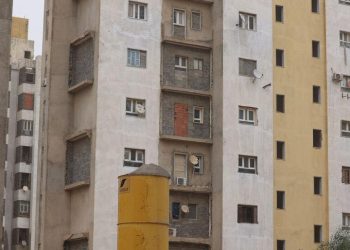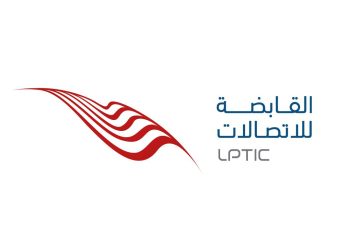By Libya Herald staff.
Tripoli, 16 January 2014:
The Muslim Brotherhood of Libya has said that Congress must vote . . .[restrict]to remove Ali Zeidan and his government. If it refuses to do so, it said in a statement dated 13 January but just published, then the Brotherhood “places full responsibility for the appalling political, security, economic and social situation in the country on all General National Congress members and on all political blocks dominating Congress”.
The statement also said that the blockade of oilfields and terminals could “no longer be tolerated”. However, it did not suggest how this could be achieved other than saying that Libyan tribes, local councils, civil society organisations and others had to work together to finding a way to put an end to the situation.
Such groups, as well as Congress members and the government, have in fact been doing precisely that for several months, but without success, largely because of the wish to avoid bloodshed.
Pointing to the chaotic security situation, the Brotherhood statement condemned last week’s violence in Sebha in which 31 people died and 65 were injured, as well as the assassination in Sirte last Saturday of Deputy Industry Minister Hassan Al-Daroue. It accused the government of making no comment about Daroue’s killing although both the Prime Minister and the Defence Minister Abdullah Al-Thinni flew to Sirte to offer their condolences to the murdered minister’s family.
Calling on Libyans to unite and pursue national dialogue so that the process of rebuilding the country could restart, the Brotherhood said that Daroue’s death had made it all the more determined to “stand by the principals and goals of the revolution”.
The statement also suggested that Libya’s present crisis was the result of foreign interference. Libya was now so weak that, it said, it had became “an easy target for foreign forces and foreign agendas”. The clashes in the south, too, were said to be linked to “foreign agendas that try to take advantage of the situation and cause incitement between the people of the homeland”.
There was, however, no indication as to who these “foreign forces” might be. Nor was it clear if the accusation was deliberately timed to coincide with the Prime Minister’s visit to Saudi Arabia, known to be opposed to the Brotherhood.
The Muslim Brotherhood has itself been accused of being supported by foreign governments, an accusation it has firmly denied. [/restrict]










